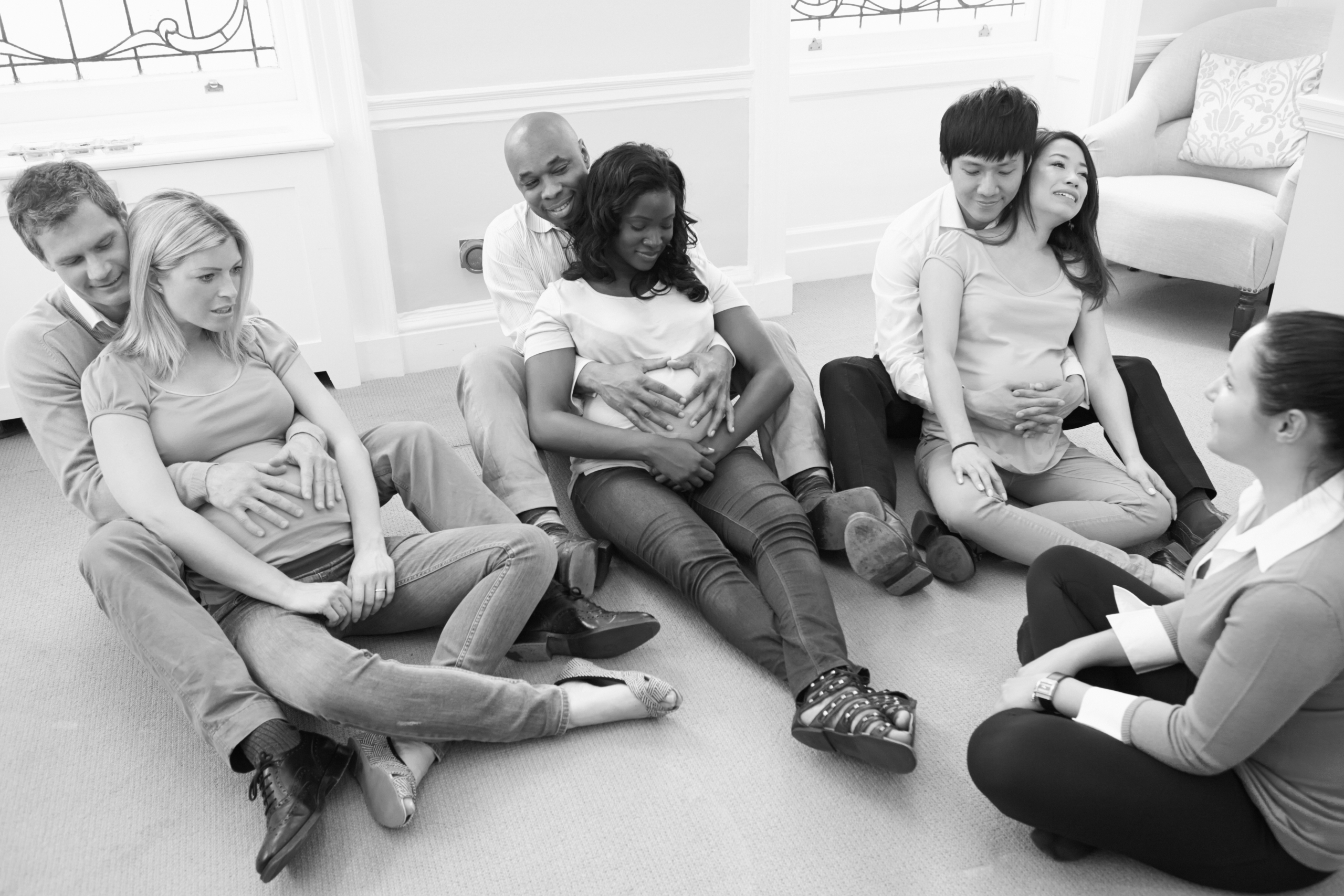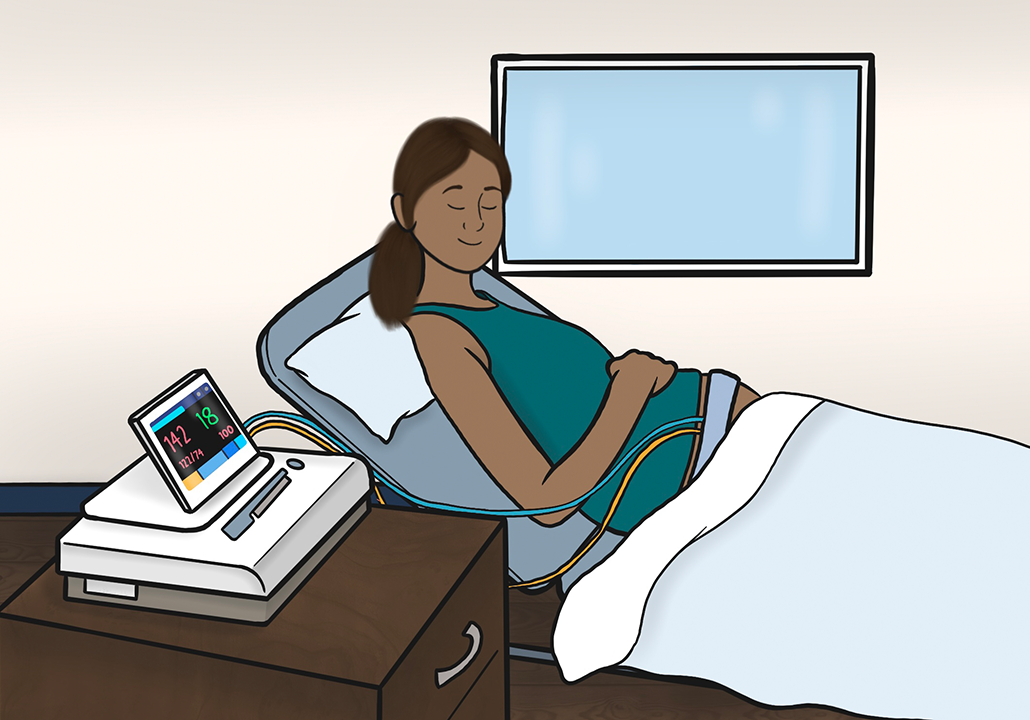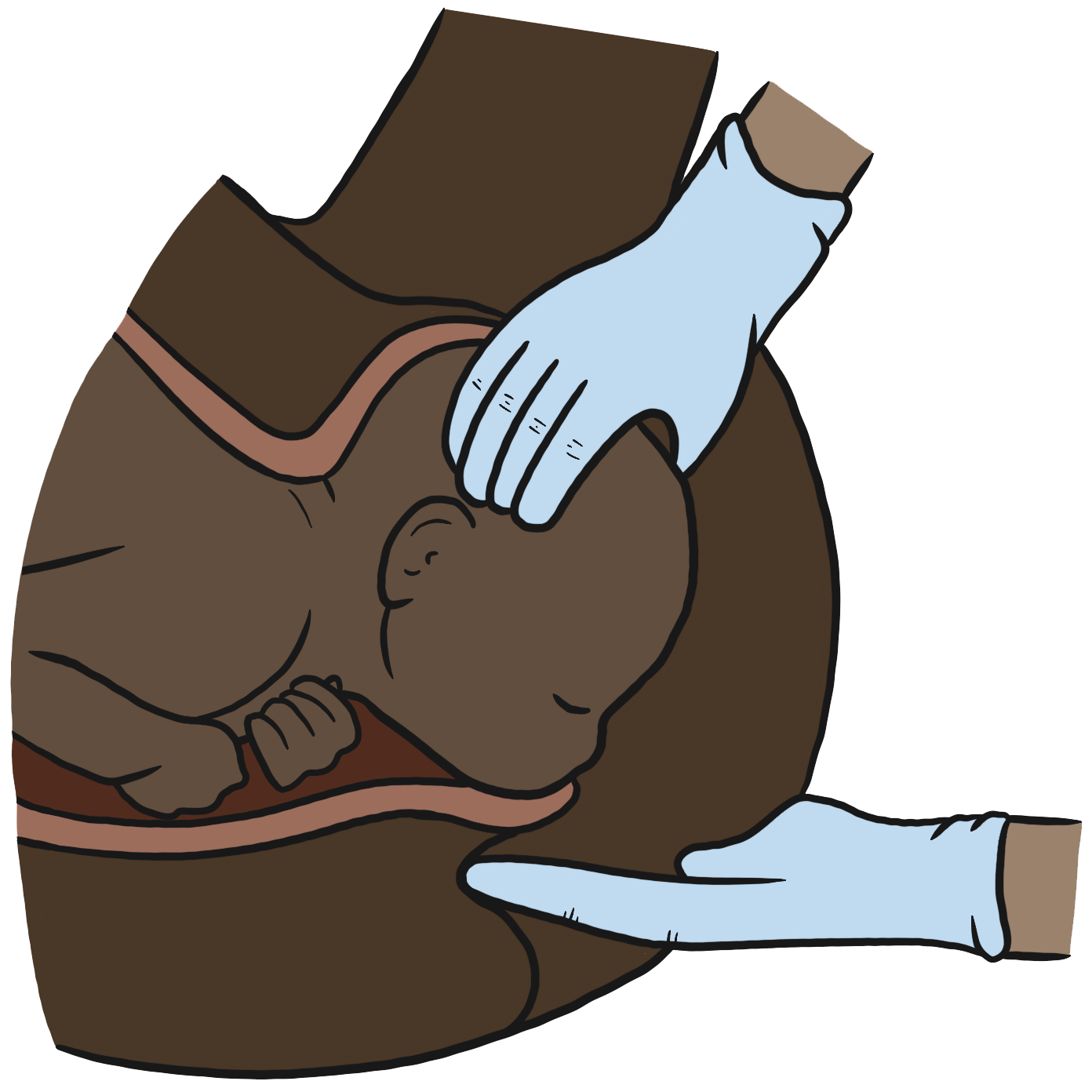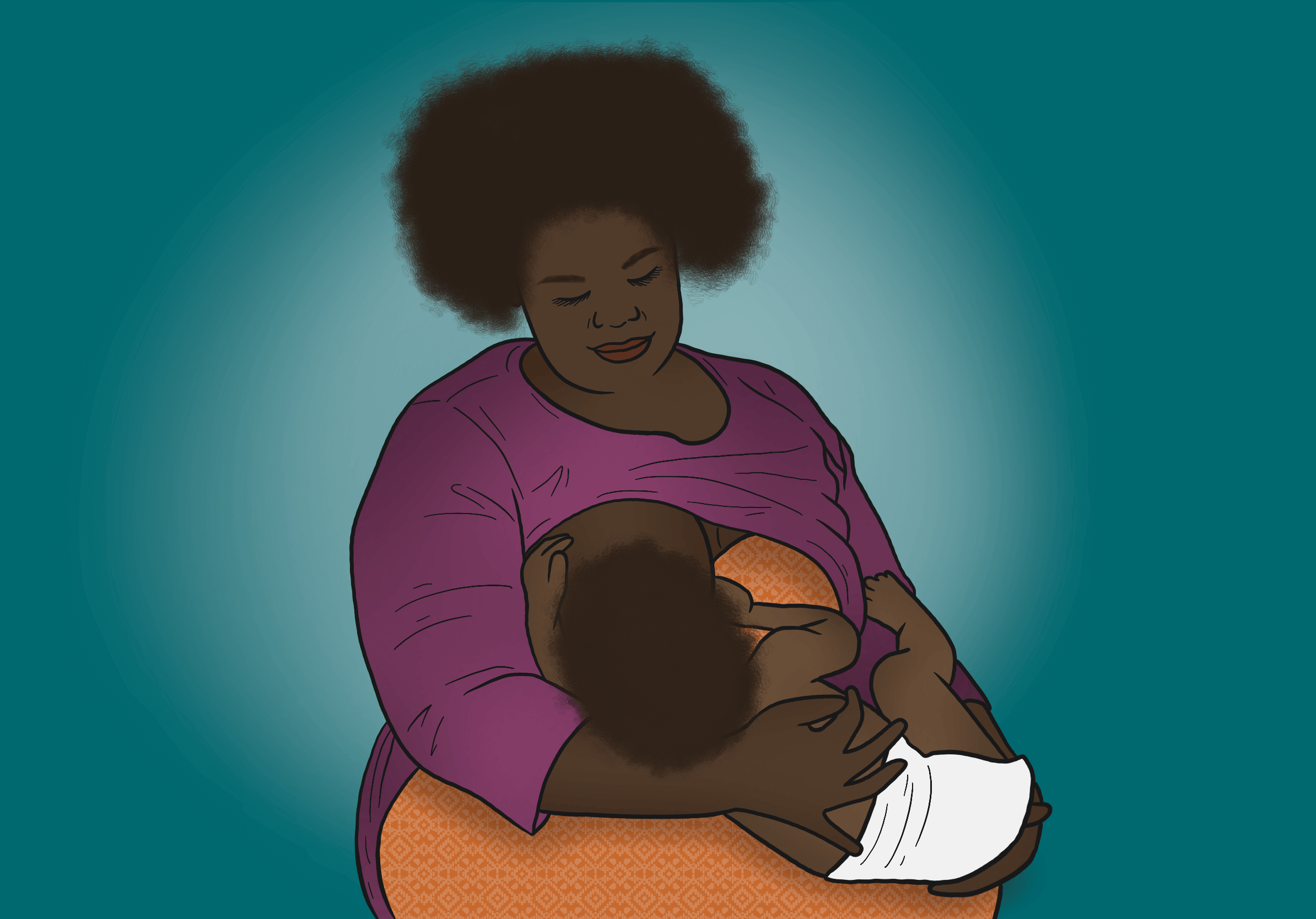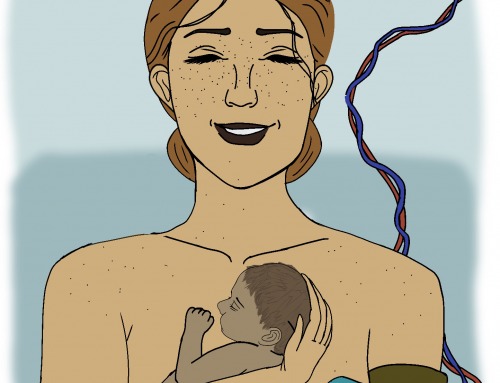To paraphrase (or perhaps, with apologies, to butcher) Jane Austin, “It is a truth universally acknowledged, that a woman or person who is pregnant, must be in want of antenatal education”. Antenatal education in one form or another is part of almost every pregnant woman or person’s pregnancy journey, together with their partner if they have one. And yet, we know that all antenatal education is not created equal. NHS provision in many areas has often had a focus on preparing women and people for the needs of the institution, even as attempts to improve personalised care elsewhere in maternity have increased.
Some sessions have become a place to discuss the hospital policies or procedures. Others have been adopted by a willing midwife who has been passed a bag full of items to pull out and discuss, which in principle may seem ok until out comes a item of surprise that needs to be discussed delicately, like an amnihook or salad server…
There have been many outstanding midwives creating change and offering excellence against the flow of NHS pressures, but, in some areas, the institutional burdens have meant that antenatal education has been reduced to an app or online video, with no individualised content possible. During Covid-19, NHS antenatal education provision has suffered still further.
In response, some hospitals have created new videos and used external apps as ways to try to reach out to pregnant women. Again, on the surface this seems to be a great response to the pandemic; and it is, but it also has another side. A side that inadvertently deepens the frustration and fear that pregnant women and people face when planning their births.
Why this so? Why can videos and apps that share information be detrimental to the learning of women and people about their birth? The answer is that apps simply “push out” information. Subtle issues are hard to explain in a way that every user will understand in the way that was intended, and misunderstandings cannot be cleared up.
Changing beliefs and pre-conceived ideas take understanding, on many levels. The deeper understanding of where our thoughts and expectations of birth come from, the understanding of how our brain processes that information, and the understanding of how that affects the person themselves.
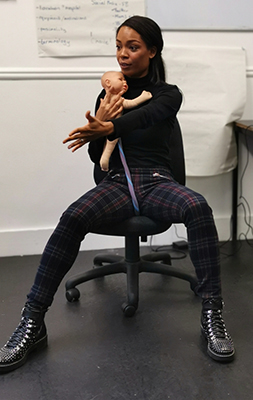
This level of understanding is impossible to achieve via an app or by watching information videos where there is no interaction.
Then there are other elements to consider, for example, translation. Not only translation between receiving and processing information in our brains, and how our brain registers and absorbs this information in an effective way, but also sharing this information with non-English speaking women, the actual translation of birth information. Translating information, essential information, that supports choice, is not achieved by using google.
To fill this gap, The Real Birth Workshop created by The Real Birth Company, has come into its own. With a specifically designed programme to keep our brains in a ‘non-threaten state’, the programme does share information that helps pregnant women and people and their birth partners learn about pregnancy and birth and the way their bodies adapt to and work in labour.
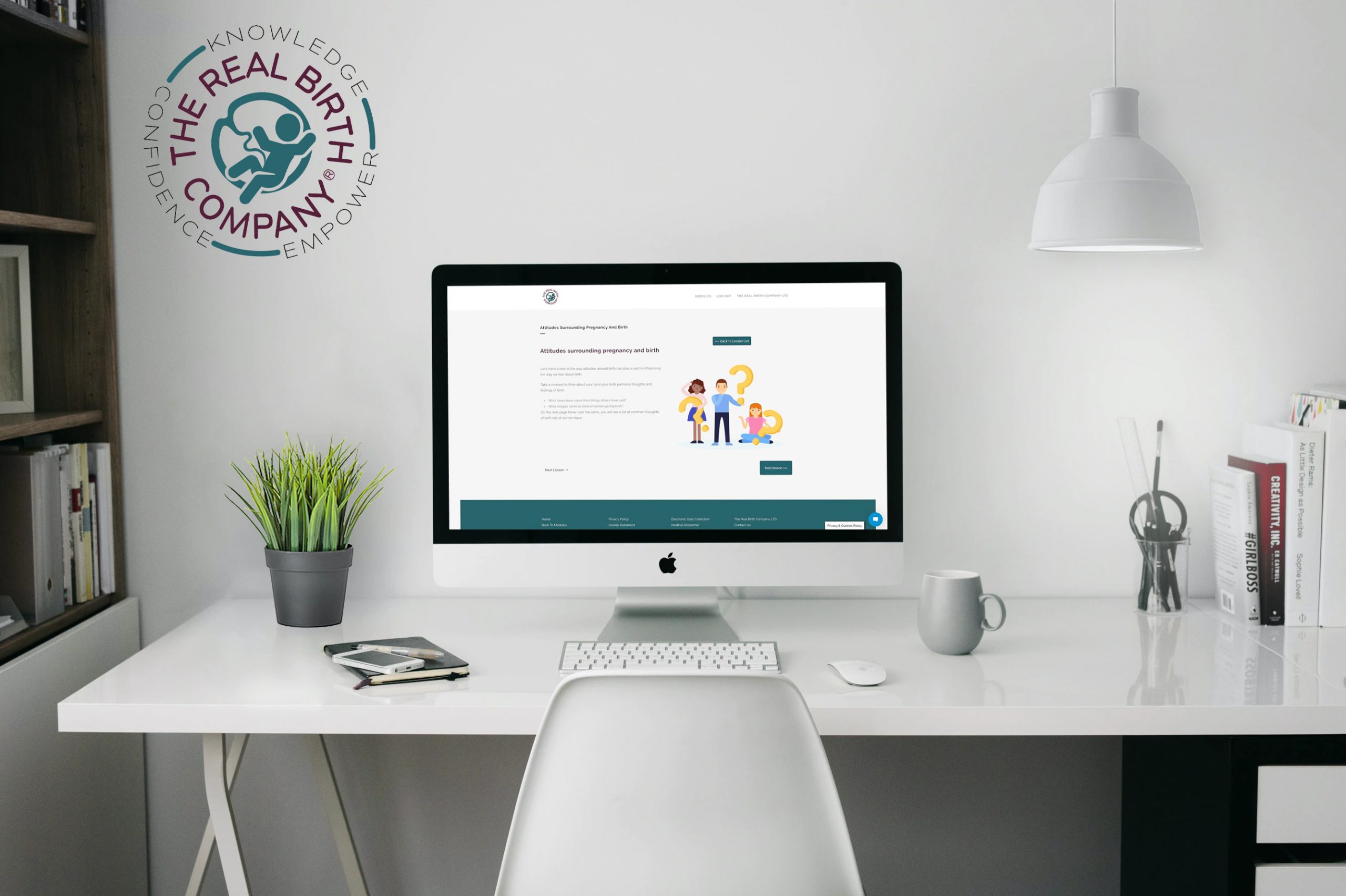
With more time to work with parents to be, and without the pressures and limitations that are a major part of NHS provision, midwives who run these classes have the opportunity to help parents to reflect on, and explore their pregnancy and birth options. While this is clearly a benefit to these parents, it is also hugely beneficial to the midwives who will care for them when they subsequently go into labour and have their babies. Here are three key ways that antenatal education can benefit midwives:
1. Pregnant women and people and their partners who know how birth works may be calmer and feel more confident in themselves than those who don’t.
Fear of labour can actually inhibit labour, slowing things down and making interventions such as artificial oxytocin or instrumental birth more likely. When labouring women and people know what to expect from different stages of normal labour progression, they may be better equipped to accept each stage as they reach it. Partners can also be more reassured that ‘this is normal’. This can reduce the pressure on their midwife both emotionally and physically. Supporting a person who is scared can be exhausting, as midwives give so much of themselves when they comfort and reassure them, whereas supporting parents who are confident and prepared can be enormously uplifting and emotionally regenerating for midwives. In a birth where fear is absent, midwives can focus on supporting the birthing woman or person and their partner on a deeper level, because the layer of anxiety is not the main focus of the birthing woman or person’s support needs. There’s really nothing better than supporting a fabulous birth!
2. Birth partners can have more of a role.
So often, births happen with partners standing by, not knowing what to do or how to help. They can become distressed at seeing their partner in pain, and they can sometimes need support from pressured midwives who really don’t have the time to care for them as well as the woman or person who is having the baby.
Birth partners who have experienced really good quality antenatal education will come to the birth with a practical toolkit, which ensures that they have a set of roles that they can be ready to use. This can help them to become an invaluable part of Team Birth. Helpful tools may include:
- Massage and counter pressure techniques
- Breathing techniques, so that they can remind their partner of ways to use breathing methods as labour progresses
- Understanding the benefit of different birth positions, and helping to support their partner to move into, and to stay in different positions
- To think about birth equipment such as birth balls, mats and slings, as well as thinking about how the bed and pillows can be used for positions which aren’t lying down.
- Being the person that she can focus her attention on, who understands her wishes best and is best placed to advocate for her.
Partners with a purpose can be a huge asset to midwives, working together with the midwife to provide fabulous emotional and physical support and helping the midwife to really understand the woman or person’s birth wishes.
3. Birthing women and people are more likely to know what their options are.
Parents who have experienced fabulous antenatal education are more likely to know some of the common interventions and checks which are offered in labour. This may include the most common checks which are offered such as monitoring the baby and vaginal examinations, as well as interventions such as forceps. Every intervention, test or medical treatment may only be undertaken if the person they’re offered to has given their informed consent, and this can take time in labour – which midwives are often short of! Parents who are educated in advance about these offers are more likely to be able to discuss them more quickly with the midwife, and make decisions more quickly, than if they’re hearing about them for the first time when they are having their baby. This can help midwives by reassuring them that the woman or person is giving their informed consent, having already had the time to think things through in advance.
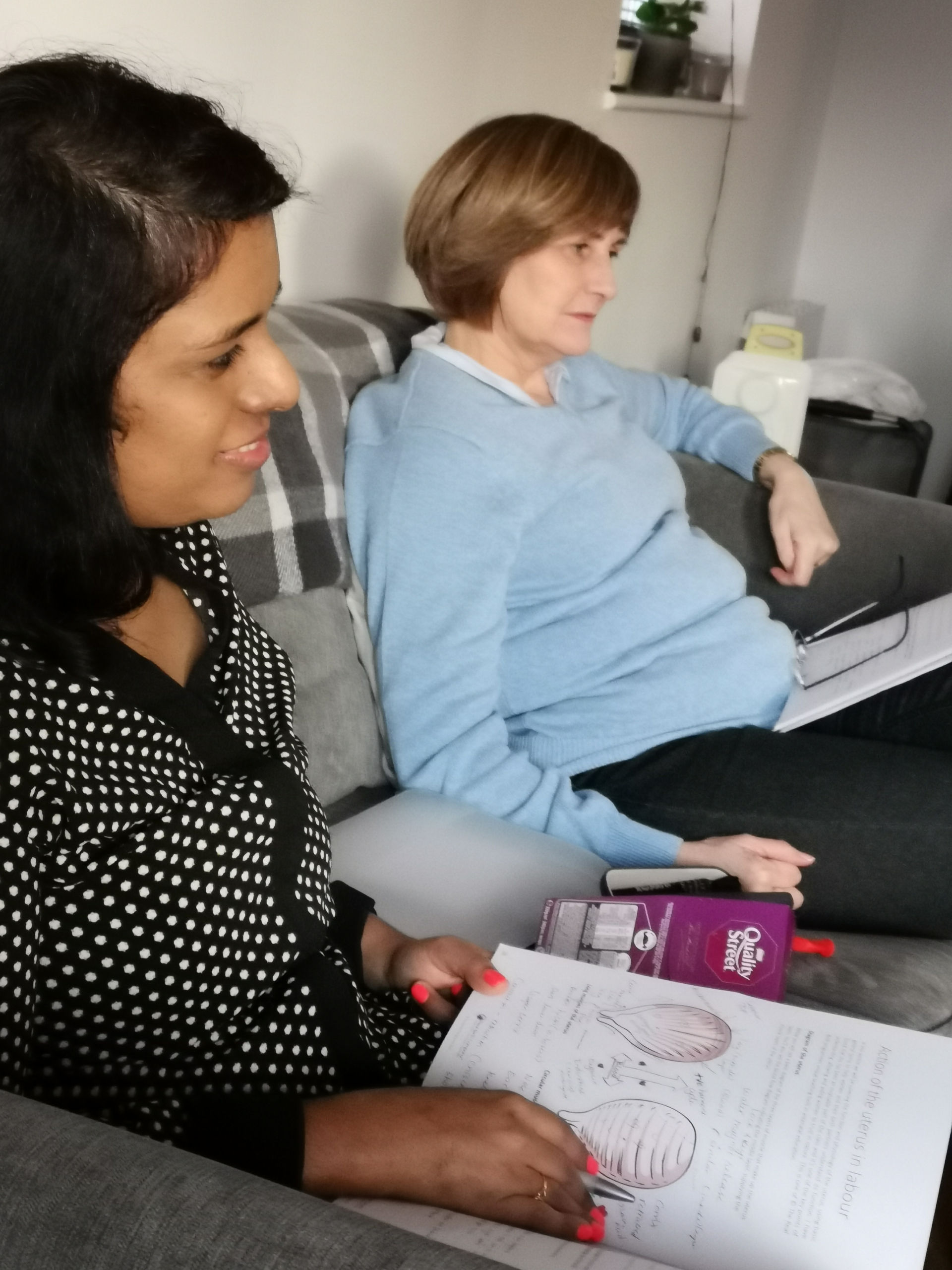
In summary, midwives who care for families who have experienced excellent antenatal teaching are likely to find that these births are more satisfying and more enjoyable, with a closer connection to the person or couple, creating a more rewarding experience for everyone. Midwives who teach the antenatal classes find them to be fulfilling, and gives them the reassurance that they can really make a positive impact on each and every person and couple that they teach.
Detailed and personalised antenatal education is invaluable for everyone involved. This should be a key part of NHS maternity provision, and thanks to the commitment and care of some midwives, can be found in a few places of excellence, including, of course, where the NHS is offering The Real Birth Company workshops. Outside of the NHS, Real Birth Company teachers continue to be the leading lights making birth better for everyone involved – including midwives.
